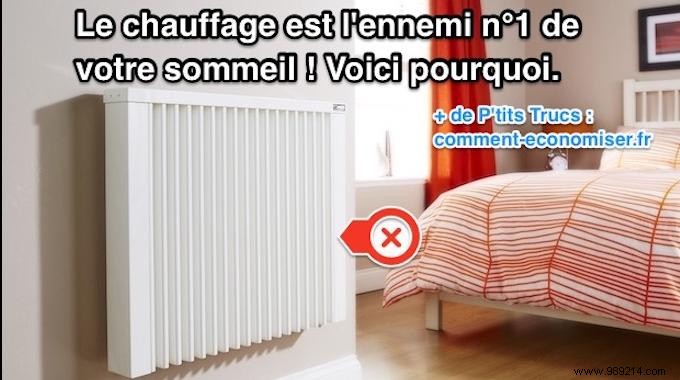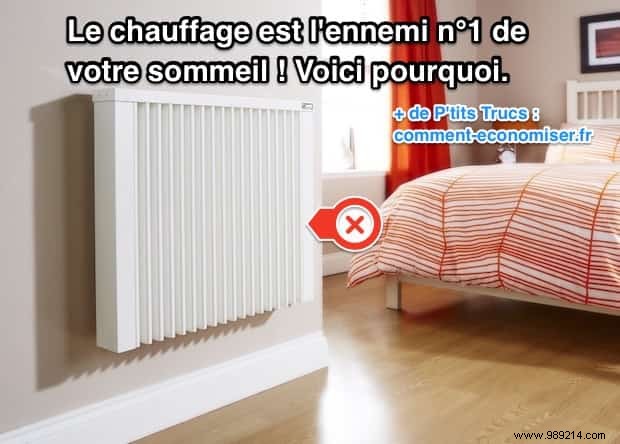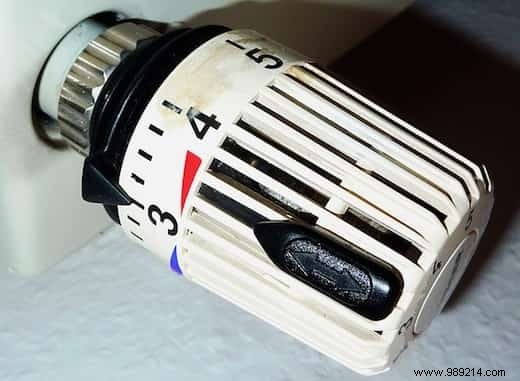
Do you often leave the heating on overnight? It might feel cozy, but it's a common mistake that can sabotage your sleep.
To achieve deeper, more restorative rest, consider lowering the thermostat or turning it off entirely at night. Here's why, according to Dr. Joëlle Adrien, president of the National Institute of Sleep and Vigilance (INSV).
While warmth is inviting during winter, excessive heat in the bedroom often leads to morning headaches, sore throats, and fatigue.

Cold temperatures promote vasoconstriction, slowing blood circulation and aiding the transition to sleep for better recovery.
Conversely, a room that's too warm speeds up circulation, making it harder to drift off. It also dries out the air, leading to stuffy noses.
"We breathe better with fresh air," explains Dr. Adrien. Sleeping with the heat on frequently results in headaches, irritated throats, dry skin, and even poor moods upon waking.

In winter, it's tempting to crank up the heat, but for quality sleep, aim for 16°C to 19°C—ideally 18°C.
Extreme temperatures trigger intra-sleep awakenings and disrupt your cycle. Dr. Adrien recommends a "rather cold atmosphere" at 18°C to achieve thermal neutrality: under the covers, your body maintains a perfect balance, allowing your brain to focus on sleep rather than temperature regulation.
This creates a "thermal niche" or cocoon. Cool sheets meet your 37°C body heat, dissipating warmth to cool you down—facilitating faster sleep onset and easier breathing.

1. Follow the rule: cool nose, warm body.
2. Keep your bedroom at around 18°C.
3. Boost humidity with a glass of water on the radiator or a humidifier to prevent dry air from causing sore throats and headaches.
4. Air out your room every morning and for 15 minutes before bed—indoor air is often more polluted than outdoor air.
5. If you're not too cold-sensitive, turn off the heat completely or crack a window for ventilation, then restart it upon waking.
6. Use lavender essential oil, backed by studies for promoting relaxation and sleep.
7. Skip intense exercise or hot baths before bed, as they raise core temperature and hinder cooling.
These steps not only improve sleep but also help cut energy costs.